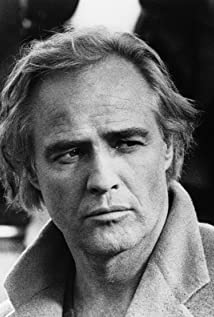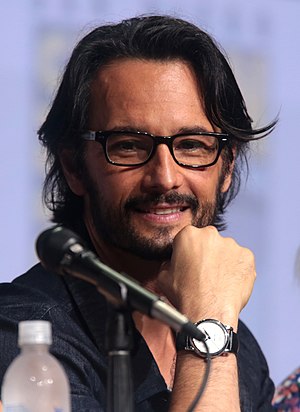Brando would make his film debut quite some time later in Fred Zinnemann's The Men (1950) for producer Stanley Kramer. Playing a paraplegic soldier, Brando brought new levels of realism to the screen, expanding on the verisimilitude brought to movies by Group Theatre alumni John Garfield, the predecessor closest to him in the raw power he projected on-screen. Ironically, it was Garfield whom producer Irene Mayer Selznick had chosen to play the lead in a new Tennessee Williams play she was about to produce, but negotiations broke down when Garfield demanded an ownership stake in "A Streetcar Named Desire. " Burt Lancaster was next approached, but couldn't get out of a prior film commitment. Then director Elia Kazan suggested Brando, whom he had directed to great effect in Maxwell Anderson's play "Truckline Café," in which Brando co-starred with Karl Malden, who was to remain a close friend for the next 60 years. During the production of "Truckline Café," Kazan had found that Brando's presence was so magnetic, he had to re-block the play to keep Marlon near other major characters' stage business, as the audience could not take its eyes off of him. For the scene where Brando's character re-enters the stage after killing his wife, Kazan placed him upstage-center, partially obscured by scenery, but where the audience could still see him as Karl Malden and others played out their scene within the café set. When he eventually entered the scene, crying, the effect was electric. A young Pauline Kael, arriving late to the play, had to avert her eyes when Brando made this entrance as she believed the young actor on stage was having a real-life conniption. She did not look back until her escort commented that the young man was a great actor. The problem with casting Brando as Stanley was that he was much younger than the character as written by Williams. However, after a meeting between Brando and Williams, the playwright eagerly agreed that Brando would make an ideal Stanley. Williams believed that by casting a younger actor, the Neanderthalish Kowalski would evolve from being a vicious older man to someone whose unintentional cruelty can be attributed to his youthful ignorance. Brando ultimately was dissatisfied with his performance, though, saying he never was able to bring out the humor of the character, which was ironic as his characterization often drew laughs from the audience at the expense of Jessica Tandy's Blanche Dubois. During the out-of-town tryouts, Kazan realized that Brando's magnetism was attracting attention and audience sympathy away from Blanche to Stanley, which was not what the playwright intended. The audience's sympathy should be solely with Blanche, but many spectators were identifying with Stanley. Kazan queried Williams on the matter, broaching the idea of a slight rewrite to tip the scales back to more of a balance between Stanley and Blanche, but Williams demurred, smitten as he was by Brando, just like the preview audiences. For his part, Brando believed that the audience sided with his Stanley because Jessica Tandy was too shrill. He thought Vivien Leigh, who played the part in the movie, was ideal, as she was not only a great beauty but she WAS Blanche Dubois, troubled as she was in her real life by mental illness and nymphomania. Brando's appearance as Stanley on stage and on screen revolutionized American acting by introducing "The Method" into American consciousness and culture. Method acting, rooted in Adler's study at the Moscow Art Theatre of Stanislavsky's theories that she subsequently introduced to the Group Theatre, was a more naturalistic style of performing, as it engendered a close identification of the actor with the character's emotions. Adler took first place among Brando's acting teachers, and socially she helped turn him from an unsophisticated Midwestern farm boy into a knowledgeable and cosmopolitan artist who one day would socialize with presidents. Brando didn't like the term "The Method," which quickly became the prominent paradigm taught by such acting gurus as Lee Strasberg at the Actors Studio.






